Introduction
Embarking on the college journey brings a myriad of responsibilities, and for student car owners, vehicle maintenance is paramount. Thriving in the academic world while keeping an eye on budgets means that learning how to care for your car is no longer optional, it's essential. This blog provides indispensable car maintenance tips tailored for the college student navigating the back-to-school rush. From checking tire pressure to mastering the jump start, changing air filters to regular oil changes—each tip is designed to extend the life of your vehicle without breaking the bank.
Top Car Maintenance Tips for College Students
Reasonably as college students, car owners are on a budget and need to focus more on maintenance. So, we have the top car maintenance tips for you during the back-to-school season. Let's Check out this video and see how to fix any unexpected problems.
Check Tire Pressure
New tires are prohibitively expensive. Simply checking the pressure and keeping them properly inflated will make them last longer. It will give you better gas mileage, saving you money there. It’s always a great tip to go through the owner’s manual of the car to check how frequently you should measure. Having a portable tire inflator comes in handy in innumerable ways. Proper inflation is imperative for the durability of your tires. You can read in detail about its importance here. The Fanttik X8 Apex is a fantastic solution and value proposition for inflation needs.
Learn to Jump Start your Car
One of the most important skills as a college student is the know-how to jump your vehicle. Whether due to cold weather or car problems, most cars will inevitably fail to start when you turn the key, and you will need to know what to do. Portable jump starters like the T8 Apex are a godsend for these situations. This article clearly illustrates why you should always have a jump starter handy.
Change the Air Filter at Least Annually
Having a clean air filter doesn't really save gas but helps a ton in performance. It adds years to the car’s lifespan. Every engine needs a good supply of clean air for it to function properly. Once a year is a good benchmark. If you drive from the college to home a lot, then every 15,000 miles is a good time.
Change Oil in Correct Intervals

Experts recommend oil changes every 3,000 miles. However, practically it depends on how much driving you do and under what conditions. Every 5,000 - 7,000 miles is the norm, but the norm is also every 3-4 months. And it's more important to do it regularly. Regular oil changes are the single most important thing anyone can do for the life of the engine.
Do Regular Tire Rotations
Rotations are as important as keeping tires properly inflated is important. Tires are expensive, and not rotating them at the proper intervals makes them wear out faster. It may cost between $25 and $35 to have them rotated. But it will cost almost half a grand to get new ones if you let them wear. Plus, driving on unevenly worn tires is unsafe.
Understand Insurance
Likely, college students have never given much thought to car insurance. However, as you head out on the road for college, you must understand what insurance is for, and what their policy covers. Carefully walk through the auto insurance process including what you should do if you are involved in an accident. Ensure that you have multiple copies of the insurance policy card, both on you and inside the car.
Drive Proactively
Seldom-discussed element of driving is the proactive measures you can take to prevent issues. When it comes to driving, the best offense is a good defense. You can avoid many common problems if you take the time to stay aware, drive safely, and take precautions.
Concluding Thoughts
As the academic year gains momentum, college students should consider their cars as reliable partners on the road to success. Adhering to these straightforward maintenance tips will not only ensure their vehicles remain dependable but also help safeguard their finances. Tire rotations, understanding insurance, and proactive driving are more than just good practices; they're investments in a car’s longevity. So take action, apply these tips, and drive with confidence knowing you’re well-equipped to handle the roads ahead and the demands of college life.


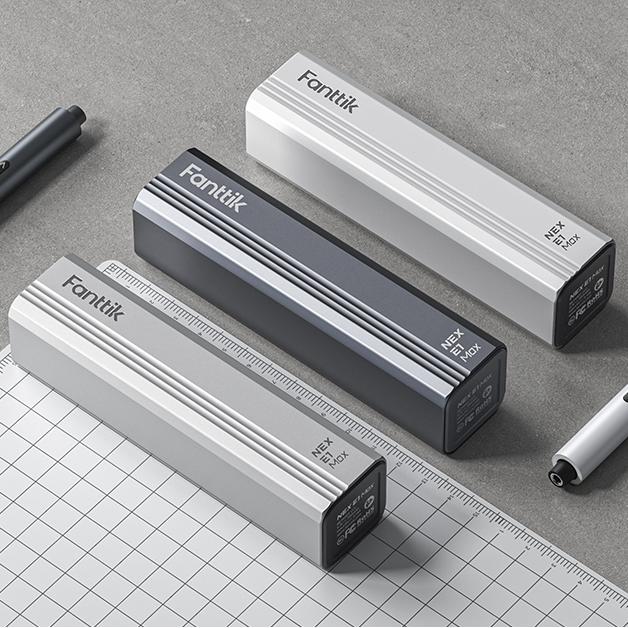
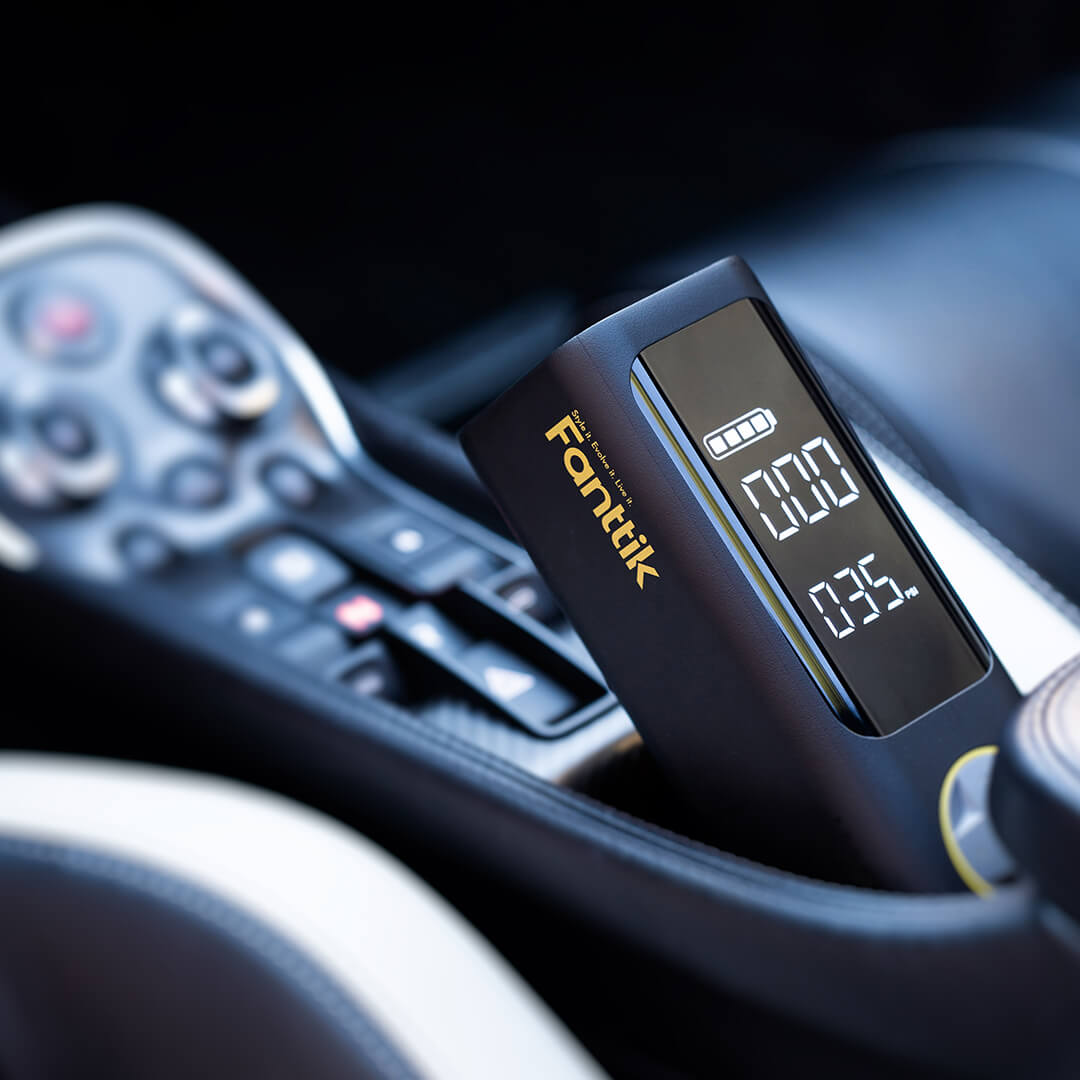
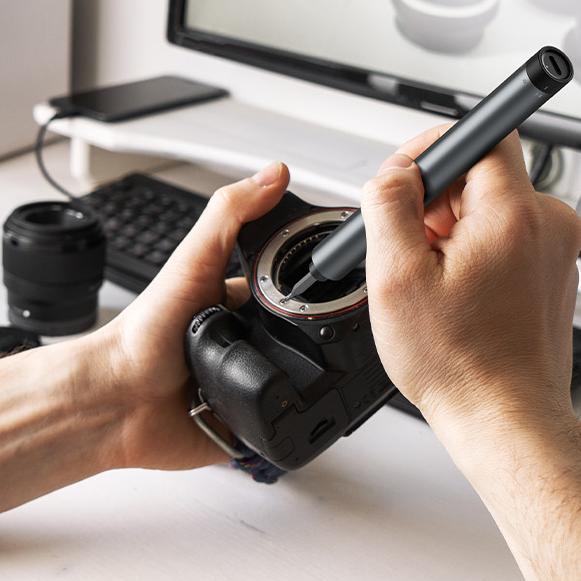









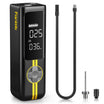
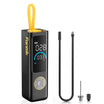
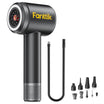

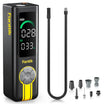






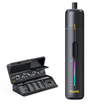


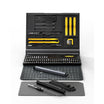





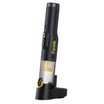
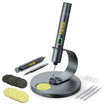
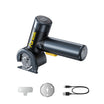









Leave a comment
This site is protected by hCaptcha and the hCaptcha Privacy Policy and Terms of Service apply.